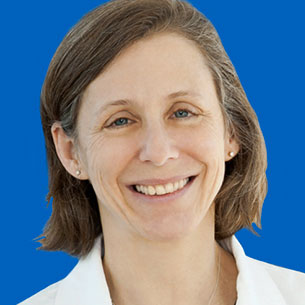In December, the Boston Globe published an excellent article titled “A Double Diagnosis—Cancer While Poor.” If you missed it when it made the rounds on social media, I strongly encourage you to read it, as this quick paraphrase doesn’t do the story justice—there are so many things in the article that are disturbing, and so much to unpack.
A woman living paycheck to paycheck, barely getting by, noticed a lump in her breast. She didn’t have time (working double shifts) and she didn’t have health insurance, so she put off going to the doctor until the lump grew so large that she couldn’t ignore it any longer. She was diagnosed with invasive ductal carcinoma, stage III. She started aggressive treatment. She couldn’t work. Her short-term disability ran out. She couldn’t pay rent and was evicted from her apartment. She had to leave most of her possessions behind. She had shared her home with her adult children and young grandchildren; when she lost her apartment, her family had to scatter.
The hospital staff helped her apply for Medicaid, so her medical expenses were covered, and despite a diagnosis of advanced cancer, she is alive. In the process, however, she lost almost everything that we would say makes a life: home, family, meaningful work, independence.
It’s worth noting that commercial health insurance isn’t a panacea for financial toxicity. This could easily have been a story about a woman whose staggering copays drove her to bankruptcy, leading to the same lost job, lost home, lost family—plus agonizing decisions about whether to forgo necessary treatment.
It’s also worth noting that the setting for this story is the Boston area, home to some of the most highly resourced and prestigious medical institutions in the United States. Wherever we practice, none of us need to look very far to find people who, through no fault of their own, are living right on the knife’s edge of disaster. Poverty is a comorbid condition that we were never trained to manage.
The World Health Organization pulls no punches when it describes the social determinants of health as circumstances “shaped by the distribution of money, power, and resources at global, national, and local levels. The social determinants of health are mostly responsible for health inequities—the unfair and avoidable differences in health status seen within and between countries.”
Our cover story takes a focused look at one element of health inequity within the United States, access barriers related to a patient’s geographic location in a medically underserved area. We know this is a problem in remote rural areas as well as under-resourced urban areas—would you rather drive hundreds of miles to reach a doctor’s office, or change city buses three times between your home and the hospital? And that assumes you can afford the car or the bus fare in the first place. We know that the access barriers of geography are frequently interwoven with other factors associated with health disparities. We know the system is broken and unjust.
One place we can begin is with our own patients, by asking the question, “Is there anything that’s making it difficult for you to get the care you need?” Can we solve several centuries’ worth of systematic institutionalized inequality in one 10-minute clinic encounter? Of course not. But we can be prepared, as much as we are able within the limitations of our imperfect system, to offer resources and referrals to available support services. And in the all-too-prevalent situations where resources and referrals aren’t enough, we can listen and offer a safe place for our patients to let down their guards and set down their burdens for a moment.


Recent posts